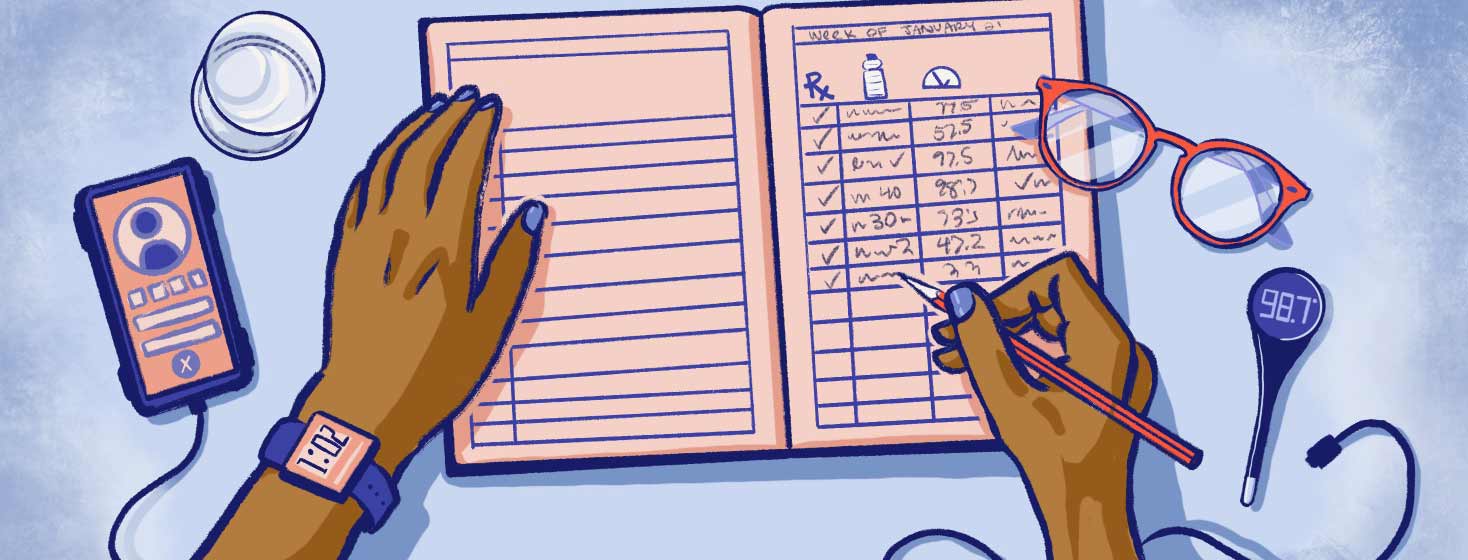5 Practical Tips to Thrive After a Kidney Transplant
Not long after receiving my kidney transplant, I remember sitting on my couch, majorly uncomfortable and in pain after making the slightest movement. I was irritated with myself and those around me because I wasn't used to not caring for myself or being able to take care of my family.
This is the other side of the kidney transplant that not many are willing to share, but I am.
There is an assumption – albeit a safe one – that transplant patients should be overflowing with gratitude. And while it is true that I was abundantly thankful for receiving a life-changing kidney transplant, it is also major surgery with recovery challenges that can physically and mentally wear on anyone.
Tips to make the road to recovery a little easier
I wish someone would have told me that recovery would come with its own battle to fight through. Now that I made it past 3 months post-kidney transplant with the KID, a critical milestone, I'd like to share some useful tips to help make the road to recovery a little easier for other people who get a new bean.
1. Stay on top of your medications!
For kidney transplant patients, skipping medications and/or not taking medication properly is not an option. Your kidney specialist has come up with a cocktail of medications that includes anti-rejection medicines that serve as the bridge to keep your kidney functioning optimally. Taking them and taking them during the time they advise is top on the list for keeping you and your kidney as healthy as possible.
2. Don't skimp on the water
This seems to be common sense, but it is so easy to lose track of your water intake. As a dialysis patient who was required to consume less than 40 ounces of liquid daily, having to drink a minimum of 70 ounces to take care of my new kidney was hard to comprehend. We are creatures of habit, and what seems like an adequate amount of water isn't. I recommend tracking your water through an app or use the same size water container to make calculating your amount easy. Don't beat yourself up if you get off track, but do your best to hit your mark every day.
3. Keep your vitals in check
To ensure your kidney stays healthy, you will be directed to take your vitals (weight, blood pressure, and temperature). Doing this will help you gauge what's going on with your kidney. A fever, high blood pressure readings, and a drastic loss in weight could be an indication of something going on with your kidney. This brings me to number 4.
4. Don't be shy about calling your transplant team
Even if it’s 1 AM on a Sunday, do it. In the beginning, I was worried about bothering them during "off hours," but their job is to be there to keep you well and answer any questions you have. If you have an inkling something isn't right or if one of your vitals is off, call them. They will tell you that it is their job to help you. Make the call, do yourself a favor, and get peace of mind.
5. Stay away from spicy or overly seasoned foods
True story: I didn't like some of the food the hospital served during my stay, and I ordered from my favorite wing restaurant. I was so ready to tear into my lemon pepper wings and fries, and almost immediately, I noticed major acid reflux and felt really funky. Even flavored chips I ate at home as a small snack shortly after the transplant didn't sit well with me. It could be different for some transplant patients, but why take the risk? Your body is already going through so much to recover; don't pile more work on it.
Check out part 2, "5 More Practical Tips to Thrive After a Kidney Transplant," where I share tips to help you get through the mental and emotional challenges of your recovery journey.
Editor’s Note: This article was written by Gabrielle Davis and originally appeared on our partner site Lupus.net.

Join the conversation